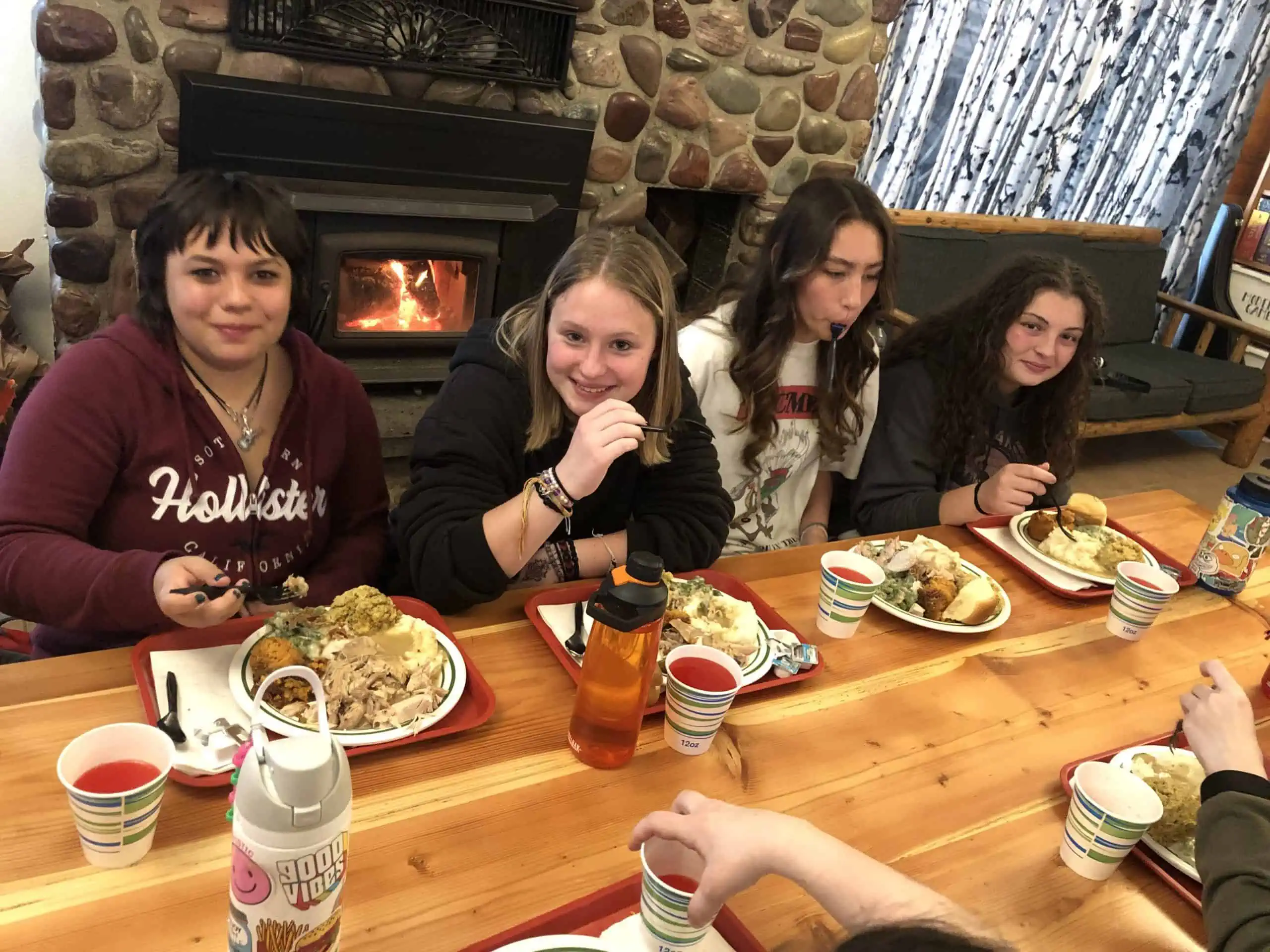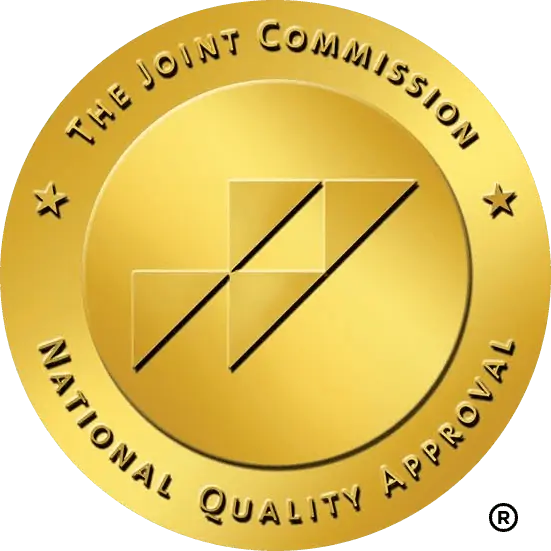Thanksgiving is a national holiday celebrated in several countries on various autumnal dates. Traditionally, it is an occasion to offer prayers of thanks and perform special ceremonies after hopefully bountiful harvests before the onset of winter.
Today, most Americans connect Thanksgiving Day with Pilgrims and Puritans who brought their Thanksgiving tradition with them to New England. Famously, they celebrated a good harvest in Plymouth, Massachusetts in 1621 with the Wampanoags, a tribe of Native Americans who had helped them get through the previous harsh winter by giving them food in a time of scarcity.
For many decades, Thanksgiving was observed on differing dates in different states. It was only in 1939 that President Franklin D. Roosevelt made it the familiar national holiday in late November that we all know today. Meanwhile, giving thanks is no longer a major aspect of this day for most Americans.
Not so at Turning Winds where Thanksgiving is the perfect occasion to talk about gratitude. “What we know about the positive effect of gratitude on conditions like depression and anxiety, as well as sleep and general affect, is that there is a direct correlation between practicing gratitude and mental and physical well-being,” confirms Turning Winds’ clinical director Jared Sartell.
“As an important mental health principle, the benefits of gratitude extend far beyond what we may imagine,” wrote Lisa Firestone in Psychology Today. Scientific studies have found that gratitude is associated with greater happiness, more optimism and positive emotions, better health, increased generosity and empathy, better sleep, improved self-esteem, and much more.
A REGULAR DOSE OF GRATITUDE
“We have a lot of group therapy sessions every day and especially our newer kids—who are struggling with being here and have a lack of gratitude in their lives—are always asking ‘What’s the secret to feeling better?’” explains Sartell. “In most cases, the answer is a healthy diet, exercise, enough sleep, and a regular dose of gratitude. I would say a daily dose.”
One of the first assignments Turning Winds clients get after admission is creating a gratitude journal. “They end the day writing down things they are grateful for that day.” Students can do it in several ways. “It could be one or two things they are grateful for,” says Sartell. “Some have a set number. There is something about the effect of focusing on gratitude. It really changes how our brain interfaces with the world.”
“Most of the world’s religions have some refrain to the effect of ‘Seek, and ye shall find; knock, and it shall be opened unto you,’” says Sartell who often contemplates the things in his life that he is grateful for himself—on the way to work, for example. “If we seek the signs of joy and happiness, we will find them.”
FINDING JOY AND HAPPINESS
Since its founding, the idea of family has remained a foundational precept at Turning Winds. Our team members productively operate within the familial atmosphere and consistently model values of trust, respect, and love. “Therapists can get caught up in all kinds of theories and modalities,” Sartell says. “With clients, I have found it more effective to focus on principles related to joy and happiness. At Turning Winds, there is the joy and peace that come with being in the wilderness and the mountains. When you’re not exposed to the noise of the world, it’s easier to pay attention to the little things, like the moose that ran across the front yard or to be excited that you saw a bear or a deer on the mountain. Life becomes simpler, the brain has less to navigate and it’s easier for people who are struggling to find joy and happiness. Those are directly correlated with the amount of gratitude we can see and feel.”
One way to achieve that—and gauge the results—is to ask clients to write letters. “We give them guidance on how to write those letters,” says Sartell. “We usually see a shift occur in the nature of those letters as our students become successful in their treatment process and start to recognize the things they are grateful for. It is a marked and fairly predictable shift,” says Sartell, “and what is always correlated is a measure of gratitude from those students. It changes their behavior toward the parents.”
During the holiday season, students are reminded to an even greater degree to express that gratitude. “There is a lot of data suggesting that if we express gratitude daily, it has a significant impact on how we view the world,” explains Sartell. “The parents of our clients get nervous during the holiday season fearing their kids will be miserable but the way we celebrate Thanksgiving at Turning Winds means the parents struggle far more than the kids. Naturally, there is homesickness and those sorts of things but we utilize our holidays in such a way that the kids have a really good time. They are doing activities together, we have parties, good food, and generally a good time. Our clients are actually enjoying the holidays which is not what most people would expect.”
TWO DECADES OF EXCELLENCE IN THERAPY
For the past two decades, Turning Winds has built a team of some of the world’s finest academic and therapeutic professionals, who all share the same goal: to help teens re-engage meaningfully with their lives, families, and futures.
Our mission is to rescue teens from crisis, renew their belief in their potential, reunite them with their families, and put them on a sustainable path to success.
Contact us online for more information, or call us at 800-845-1380. If we miss your call, rest assured we will reconnect with you promptly to start planning your transformative experience.









